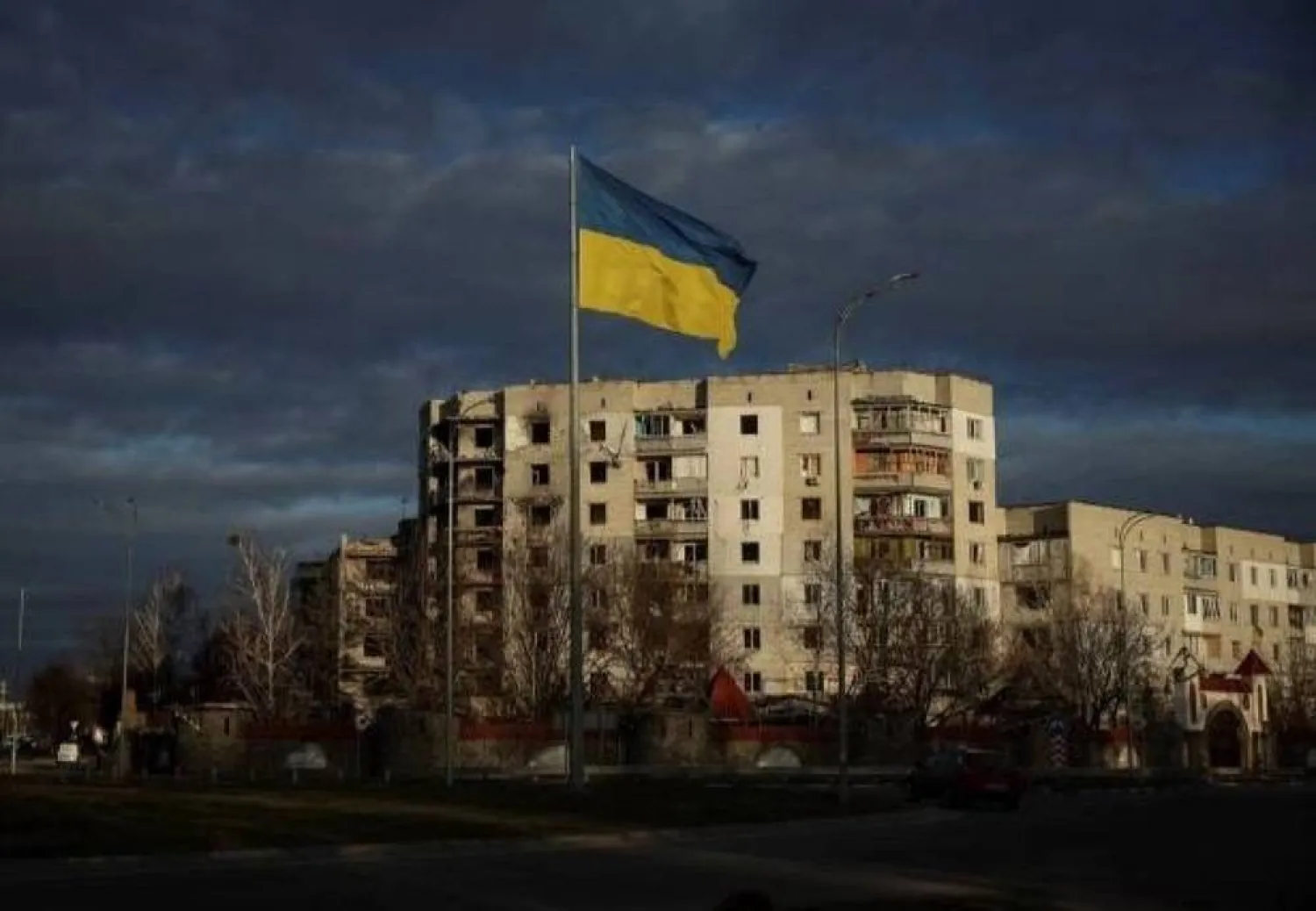The International Monetary Fund (IMF) and Ukrainian authorities have reached an agreement that would give Ukraine access to about $1.1 billion, the IMF said on Tuesday, adding that its executive board must still weigh in on the deal.
If approved, the agreement would bring the total amount disbursed to Ukraine under the program to $9.8 billion, the IMF statement said, adding that the board was expected to review the deal in coming weeks.
“The outlook remains exceptionally uncertain and Russia's war in Ukraine continues to take a heavy toll on Ukraine's people, economy, and infrastructure,” the funds' staff wrote, adding that despite those challenges the program “remains on track.”
“The economy has continued to show resilience despite the devastating challenges arising from Russia’s war in Ukraine, which has now lasted 1,000 days,” it added.
“However, risks remain exceptionally high given uncertainty on the intensity and duration of the war, including from the continued attacks on energy infrastructure.”
IMF staff, which met with Ukrainian officials Nov. 11-18, said the country's real GDP growth was expected to be 4% this year but slow to 2.5%-3.5% in 2025 amid energy infrastructure damage and labor shortages.
Inflation in Ukraine also reached 9.7% year-over-year in October over rising food and labor costs “but inflation expectations remain well anchored,” IMF staff concluded.









